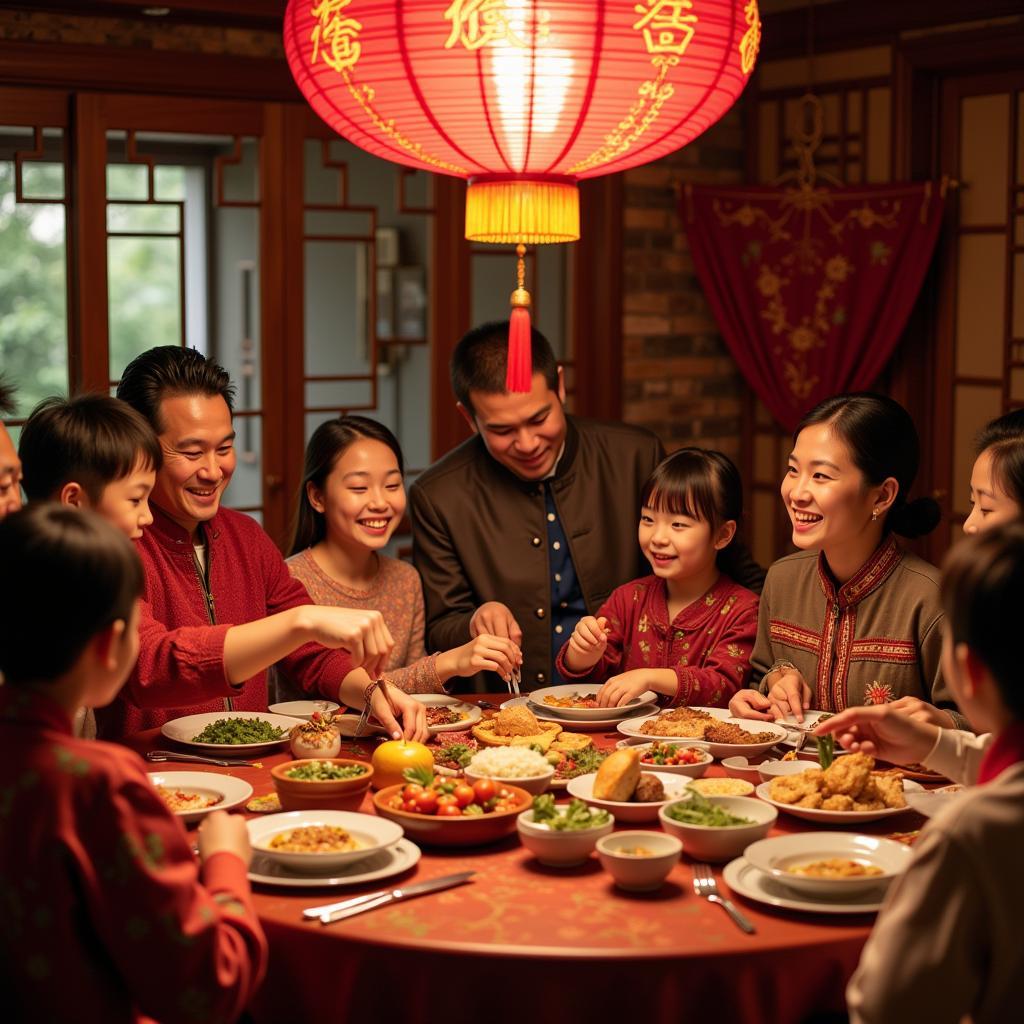Traditional customs make for fascinating IELTS Speaking topics, especially in Part 2 and Part 3. This theme frequently appears in IELTS tests worldwide, as it allows examiners to assess candidates’ cultural awareness and descriptive abilities. Similar to discussing what places in your country should a foreigner visit ielts, cultural customs provide rich opportunities for detailed responses.
Part 1: Introduction Questions
Common questions include:
- What traditional festivals do you celebrate in your country?
- Do you enjoy traditional customs?
- How have customs changed in recent years?
Sample answer (Band 8-9):
“In my country, we have numerous time-honored traditions, particularly during Lunar New Year. I’m particularly fond of these customs because they foster family bonds and help us maintain our cultural identity.”

Part 2: Cue Card
Describe a traditional custom from your culture
You should say:
- What the custom is
- When people practice this custom
- How people practice it
- And explain why this custom is important
Sample Answer (Band 8-9):
“I’d like to tell you about the traditional custom of ancestor worship in my culture, which is somewhat similar to describe a recent memorable family meal in terms of family gathering.
During important occasions, especially Lunar New Year, families gather solemnly at the ancestral altar. We meticulously prepare traditional dishes, fruits, and incense as offerings. This time-honored practice involves everyone in the family paying their respects to deceased relatives.
What makes this custom particularly significant is its role in preserving family values and maintaining cultural continuity. It serves as a bridge between past and present generations, fostering a sense of belonging and cultural identity.”
Follow-up Questions:
Q: How has this custom evolved over time?
A: “While the core values remain intact, modern families have adapted the practice to fit contemporary lifestyles, such as using electronic incense in apartments.”
Part 3: Discussion Questions
Q: Why do you think some traditional customs are disappearing?
A (Band 8-9): “The rapid pace of modernization and globalization has led to significant changes in how people live. Young people, in particular, are becoming more interested in describe a foreign food you want to try rather than maintaining traditional practices. However, I believe it’s crucial to strike a balance between preserving our cultural heritage and embracing modern lifestyles.”
Key Vocabulary and Expressions
- Time-honored (adj.) /taɪm ˈɒnəd/ – respected and established for a long time
- Cultural heritage (n.) /ˈkʌltʃərəl ˈherɪtɪdʒ/ – traditions passed down through generations
- Foster (v.) /ˈfɒstə/ – encourage the development of
- Meticulously (adv.) /məˈtɪkjʊləsli/ – with great attention to detail
- Solemnly (adv.) /ˈsɒləmli/ – in a serious and dignified manner
Examiner’s Tips
- Use specific examples from your culture but explain them clearly for international understanding
- Demonstrate cultural awareness while discussing describe a friend who has a different cultural background
- Structure your response logically
- Include personal reflections and opinions
- Use a mix of simple and complex vocabulary naturally
Remember to practice these responses while maintaining natural speech patterns and authentic examples from your own culture.